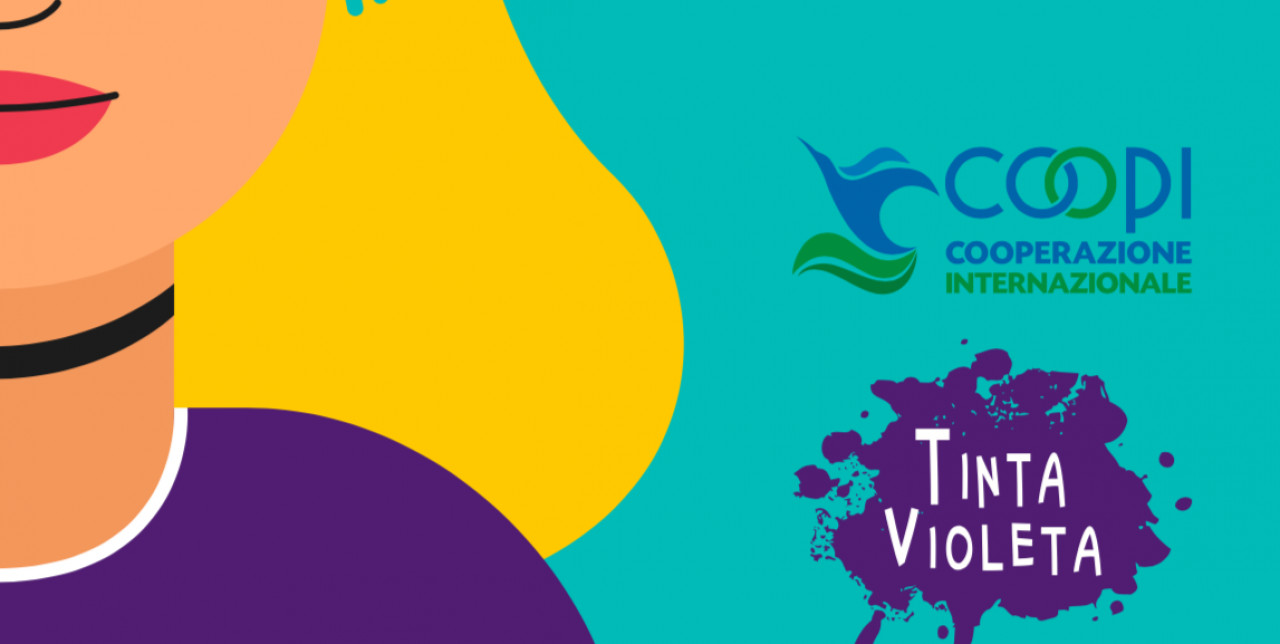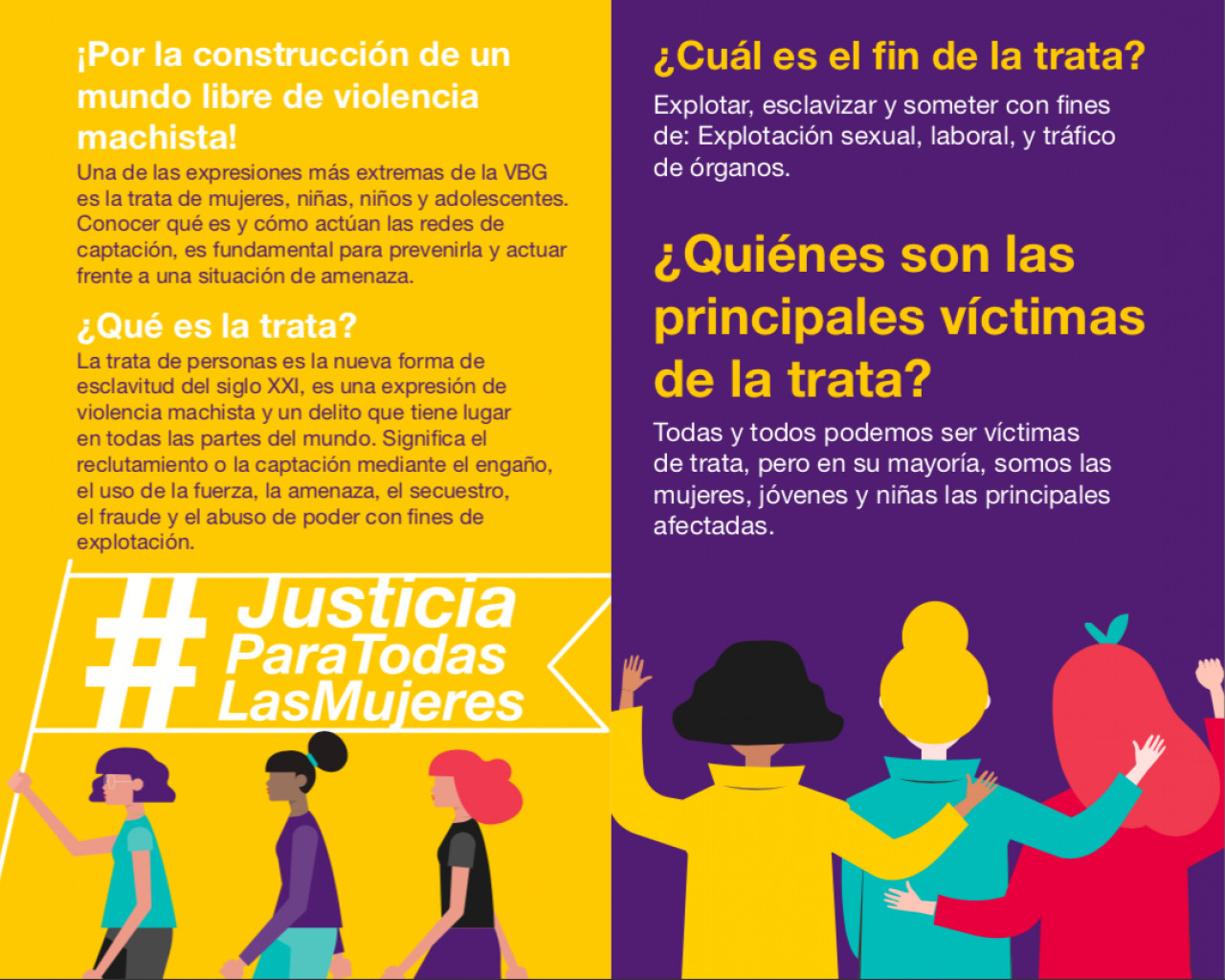15-09-2022 | di COOPI
Venezuela. COOPI's response to gender-based violence
COOPI-Cooperazione Internazionale's project, 'Without Border 2021 - Improving Access to Sexual and Reproductive Health and Protection Services for People Affected by the Venezuelan Crisis in Colombia, Ecuador and Venezuela', funded by the European Union (Humanitarian Aid), was set up to address the situation in Venezuela and the risks posed by human trafficking in 2021.
The project saw the active and fruitful collaboration of local and civil organisations, such as Tinta Violeta, Éxodo, HIAS Venezuela, IOM and UNHCR. In addition, collaboration with CEDESEX, the Caracas-based Centre for the Study of Sexual and Reproductive Rights, proved essential both in collecting data and in drawing up a more comprehensive analysis of the situation.
The main objective of the project was to provide access to basic services, to guarantee dignity and well-being to the most vulnerable people . Specifically, COOPI was committed to providing a careful and specific response through the provision of relevant services in the areas of sexual and reproductive health, protection and livelihoods, and circular economy. In the area of sexual and reproductive health and protection, COOPI sought to work on community and individual awareness-raising campaigns, psychosocial support, legal assistance and rehabilitation programmes. Other tools used were specialist consultations and the distribution of contraceptive methods, as well as the equipping of health centres and clinics even in remote locations. COOPI also offered medical screening and treatment as well as antenatal care during the course of the project.
However, COOPI's work also revolved around the creation of real alternatives to unemployment and the lack of training, such as offering vocational training courses within communities exposed to violence, support and training for cooperatives of women survivors in waste collection. In this way, the project has enabled both a focus on the circular economy and the development of new livelihoods.
Over the past six years, Venezuela has experienced a complex humanitarian situation marked by socio-economic and human mobility challenges, with repercussions on access to employment, income and services. According to the forum of humanitarian NGOs, about 65% of households live in multidimensional poverty. The emergency caused by COVID-19 has only exacerbated inequalities and the problem of gender-based violence in the country.
As a consequence of the ongoing socio-economic context, there are substantial increases in human mobility, especially in border areas, commuting or migratory, which are accompanied by a set of social challenges. The most vulnerable groups of people (women, adolescents and girls), who are already more exposed to gender-based violence, adopt negative coping strategies such as exchanging sex for goods or money. This significant increase in the phenomenon of human trafficking in Venenzuela, which has made it a country of recruitment and no longer just a country of trafficking, makes the work of COOPI and the other associations present even more crucial.




 Venezuela
Venezuela
